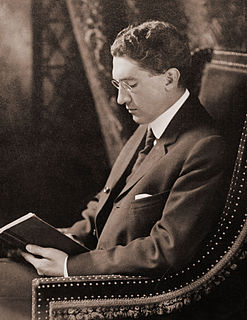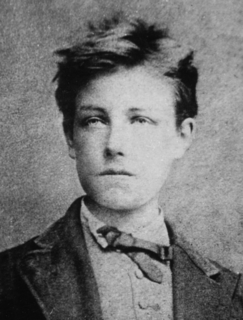A Quote by Shane Claiborne
I learned more about God from the tears of homeless mothers than any systematic theology ever taught me.
Related Quotes
When I say God it is poetry and not theology. Nothing that any theologian has written about God has helped me much, but everything the poets have written about flowers and birds and skies and seas and saviors of the race, and God - whoever He may be - has at one time or another reached my soul!...The theologians gather dust upon the shelves of my library but the poets are stained with my fingers and blotted by my tears.
"Biblical theology" refers to something more precise than theology that is faithful to the Bible. It might be helpful to draw a contrast: at the risk of oversimplification, systematic theology tends to organize theology topically and with an eye cast on its contemporary relevance, while biblical theology tends to organize the same biblical material so that it is easier to see the distinctive contribution of each biblical book and human author, and to trace the trajectories of themes across the Bible so we see how the books of the Bible hold together.
I thank God that I became addicted to pain pills, because the process of going through rehab taught me more about myself than I had ever known. I wish I would have learned what I learned about myself I learned in rehab, going through life. You know, we're all raised to be loved. We care about what other people think of us, and sometimes to our detriment we let feedback and the opinions of others shape our own self-image. I was guilty of that, too. But in my professional life, I had mastered it. I didn't care what the critics said.
The beach game taught me great lessons about how to elevate the play of my teammate, or teammates, and how to anticipate and expect the ball so much more than the indoor game ever could. It taught me - even forced me - to be a much better all-around player. That allowed me to help our USA Olympic Team in many more ways than I ever could have otherwise.
The ultimate test of my understanding of the scriptural teaching is the amount of time I spend in prayer. As theology is ultimately the knowledge of God, the more theology I know, the more it should drive me to seek to know God. Not to know about Him but to know Him! The whole object of salvation is to bring me to knowledge of God. If all my knowledge does not lead me to prayer there is something wrong somewhere.
Systematic theology will ask questions like "What are the attributes of God? What is sin? What does the cross achieve?" Biblical theology tends to ask questions such as "What is the theology of the prophecy of Isaiah? What do we learn from John's Gospel? How does the theme of the temple work itself out across the entire Bible?" Both approaches are legitimate; both are important. They are mutually complementary.
It's better to emphasize biblical theology, partly because there are fine Study Bibles already available that lean into systematic theology, and partly because biblical theology is particularly strong at helping readers see how the Bible hangs together in its own categories: that is, God in his infinite wisdom chose to give us his Word in the 66 canonical books, with all of their variations in theme, emphasis, vocabulary, literary form, and distinctive contributions across time.
Some fundamentalists go so far as to reject psychology as a disciplined study, which is unfortunate and polarizing. By definition, psychology is the study of the soul, theology is the study of God. Generally speaking, systematic theology is a study of all the essential doctrines of faith, and that would include the study of our souls (psychology).
The Naval Academy is a very prestigious place, and I choose to try it. I got there and darn near didn't pass, just about flunked out the first year, but a commandant by the name of Bush Bringle managed to call me in one day and taught me more about leadership in about 15 minutes than I have learned in the rest of my life. And because of Bush Bringle I regained some faith and confidence in myself, learning I had a little bit more in me than I thought, and I went back to work and finished.




































